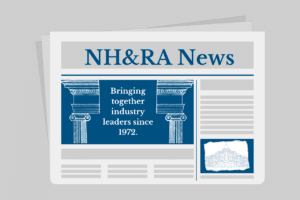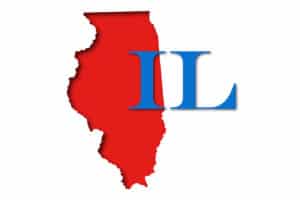Green/Sustainable Housing

Freddie Mac Offers Green Rebate for Multifamily Borrowers Who Provide Energy Star Score
Freddie Mac Multifamily is encouraging energy efficiency and affordability in apartment properties and strengthening the market for green investments by offering a Green Rebate to borrowers on qualified property loans who voluntarily provide an ENERGY STAR® score with their loan documents.

Frequently Asked Questions: Methodology for Completing a Multifamily Housing Utility Analysis
FAQs pertaining to the implementation of H 2015-04 (June 22, 2015), which governs methodologies for completing multifamily housing utility allowance analysis. Download

Community Investment Corporation “On Bill” Energy Financing Fact Sheet
In cooperation with the utility companies (ComEd, NICOR, North Shore Gas, Peoples Gas), CIC-Energy Savers will soon offer loans for energy retrofits of multifamily (5 to 50 units) properties which can be repaid as an additional item on a utility bill. Download

Energy Savers Fact Sheet
ENERGY SAVERS helps lower operating costs of apartment buildings by reducing energy usage. FINANCING Energy Savers loans are secured with a second mortgage lien. The first mortgage lender must allow the Energy Savers subordinate loan to be secured with a subordinate mortgage. The property must be: 1. An apartment building with at least five (5) […]

House Passes Legislation to Support Upgrades to Water, Energy Systems in HUD-Assisted Properties
The U.S. House of Representatives passed a bill that would help leverage private investment to fund upgrades to water and energy systems in aging HUD-assisted housing. The bill will go next to the Senate for consideration.
Green Tax Incentive Compendium: Federal and State Tax Incentives for Renewable Energy and Energy Efficiency (July 1, 2015)
This volume presents certain federal and state tax incentives promoting the renewable energy and energy efficiency industries. Each section outlines the basic features and regulatory requirements for a tax program which provides financial incentives for clean technology development through renewable energy and energy efficiency projects. For additional assistance with these tax incentives please contact Jerome […]

HUD Standardizes Utility Allowance Calculation Methodology for Multifamily Properties
HUD published a notice outlining a new sampling methodology to calculate utility allowances for several multifamily affordable housing programs. The notice standardizes the methodology used to calculate utility allowances across many HUD housing programs and bases the calculations on actual consumption.

Utility Allowances in Federally Subsidized Multifamily Housing
Despite this split incentive problem, HUD has considerable leverage to reduce utility costs in its portfolio, which can benefit both HUD and households receiving a rental subsidy. While certain changes to HUD’s utility scheme would require congressional action and are therefore outside of HUD’s direct power to change, HUD administrators could change regulations and guidance […]

Household Energy Bills and Subsidized Housing
Household energy consumption is crucial to national energy policy. This article analyzes how the rules covering utility costs in the four major federal housing assistance programs alter landlord and tenant incentives for energy efficiency investment and conservation. We conclude that, relative to market-rate housing, assistance programs provide less incentive to landlords and tenants for energy […]

Methodology for Completing a Multifamily Housing Utility Analysis
This notice provides instruction to owners and management agents (O/As) for completing the utility analysis required at the time of the annual or special adjustment of contract rents and when a utility rate change results in a cumulative increase of 10 percent or more from the most recently approved utility allowance. A significant new development, […]

Building Energy Efficiency Partnerships for Affordable Multifamily Housing: 2015 and Beyond
This paper offers a snapshot of the resources devoted to promoting low-income multifamily housing energy efficiency retrofits; it describes many of the policies, public-private resources and partnerships influencing and funding the field in late 2014. Download
PROGRAM DESIGN GUIDE: ENERGY EFFICIENCY PROGRAMS IN MULTIFAMILY AFFORDABLE HOUSING
This Guide was created as part of the Energy Efficiency For All Project, a joint effort of the Natural Resources Defense Council, the National Housing Trust, the Energy Foundation, and Elevate Energy. Electric and gas utilities in the U.S. invest billions of dollars annually to help their customers become more energy efficient, often by making […]